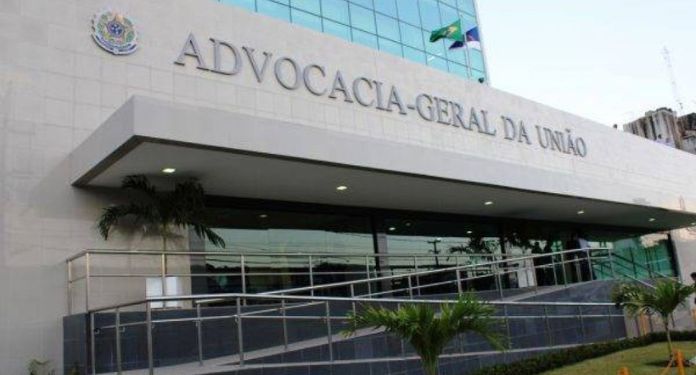The Federal Attorney General’s Office (AGU) spoke out, at the Federal Supreme Court (STF), in defense of the law that regulates sports betting and online games, popularly known as “bets”.
The body’s understanding is that, although the standard offers a legal framework, there are gaps that could result in “abuses and negative consequences”.
Context of the discussion in the STF
AGU highlights that the law, sanctioned by President Luiz Inácio Lula da Silva (PT), is an important step to align fixed-odd betting with the Federal Constitution.
However, the body recognizes that, despite being “imperfect or incomplete”, the rule is still considered constitutional. However, he emphasizes that, if there are no adjustments, the unconstitutionality of betting could become inevitable.
The AGU’s position was formalized by the Union’s attorney general, Jorge Messias. Last Thursday (24), the National Confederation of Commerce in Goods, Services and Tourism (CNC) filed a document in the action against the regulation of betting. The case’s rapporteur at the STF is Minister Luiz Fux.
The Federal Supreme Court scheduled a public hearing for November 11. The objective is to discuss the impacts of sports betting in Brazil. The AGU highlighted the risk of “progressive unconstitutionalization” of the law. This happens when regulation fails to protect fundamental rights, such as human dignity, health and the protection of children.
Michel Temer’s government legalized online fixed-odd betting in December 2018. However, the regulation was only implemented during President Lula’s administration, with the approval of the law in December 2023.
AGU sees challenges in regulating the betting sector
The AGU emphasized that the legislation currently appears to be constitutional and its compatibility with the Constitution is linked to the ability of the agents involved to adapt to the rules.
According to the analysis, “the contested legislation still appears to be constitutional, whose compatibility with the Greater Law is subject to the capacity of the agents involved”.
Although the AGU recognizes that betting regulation is recent and is still being implemented, this raises questions. Therefore, as experts highlight, it is “imperative that its effects are closely monitored” to assess its effectiveness in protecting constitutional rights.
It is worth remembering that the regulated market in Brazil will officially come into force on January 1, 2025.















